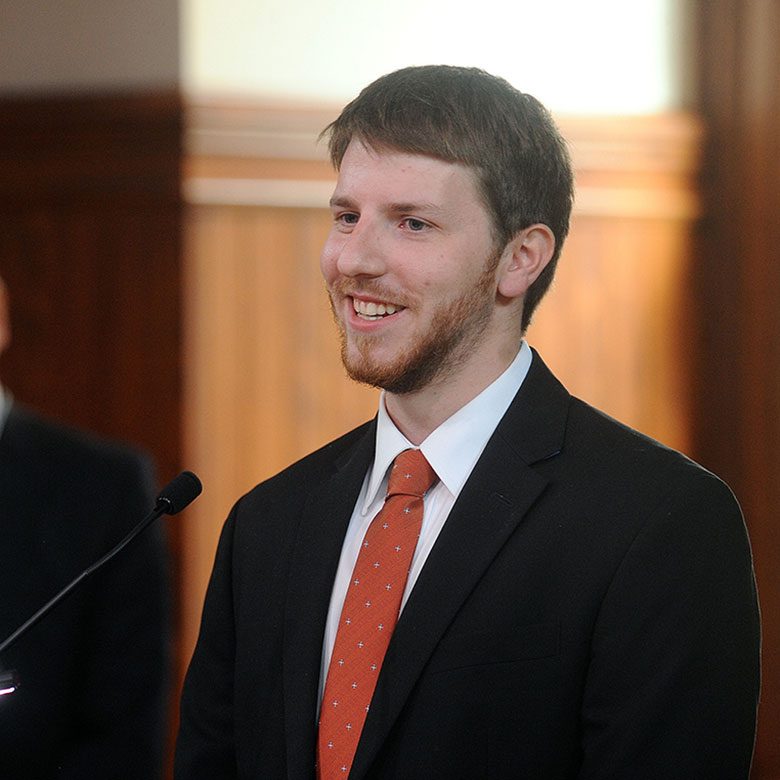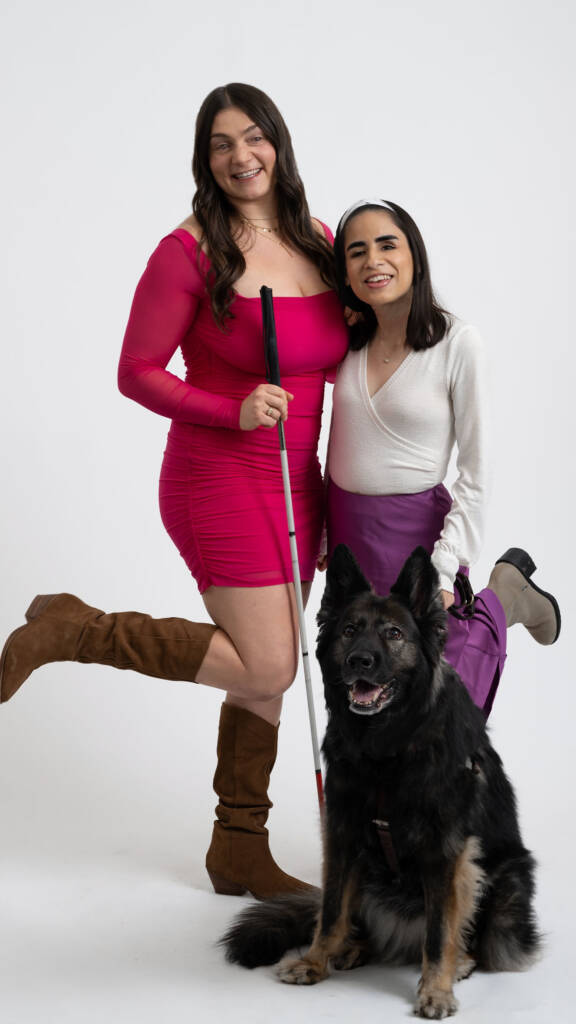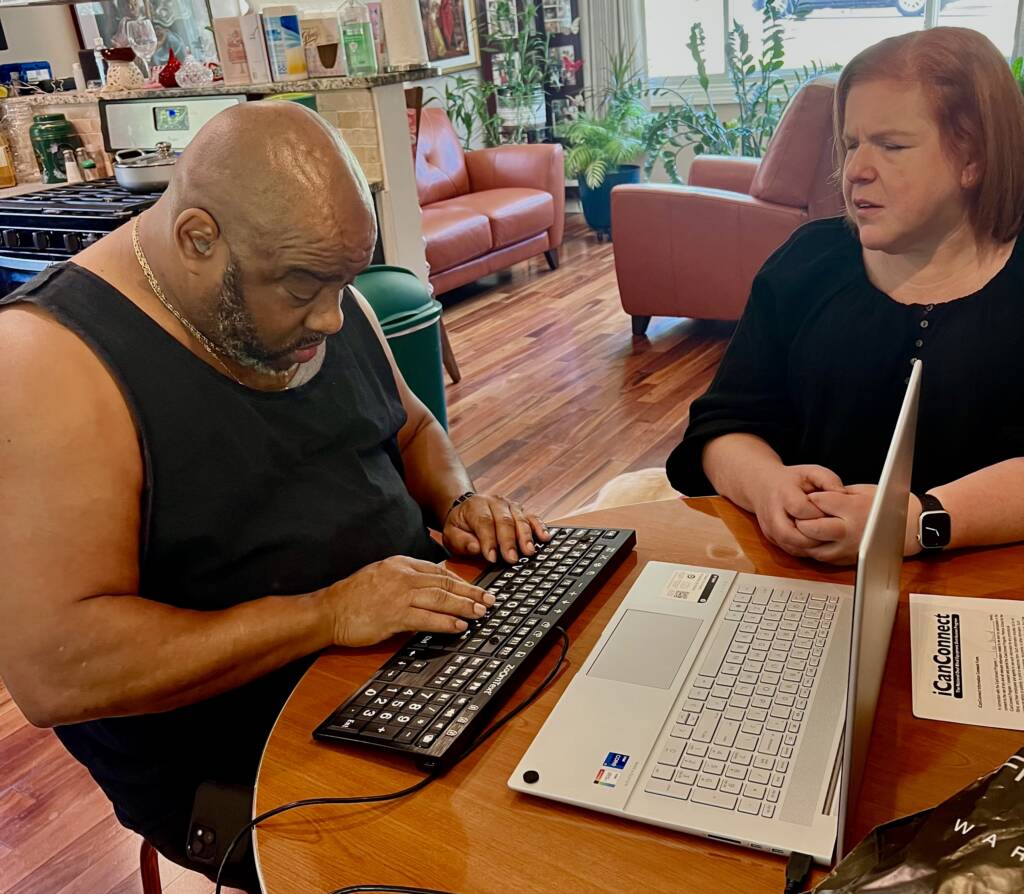I think people assume we who are blind live near home, need constant assistance and are afraid to leave our places of comfort. In fact, out on the streets of Boston, I’ve been accosted several times with the inquiry, “Sir, do you know where you’re going?” I usually reply, “Yes, I’m walking to work. Do you know where you’re going?”
Travel is an amazing privilege if one can afford the ticket and the time. I enjoy domestic travel as well as international travel when I’m able. I’ve been telling myself for weeks now I’ll buy a European vacation once I get a lump of money to spend. Financial burdens of traveling aside, I think it’s important that people know how and why blind people travel. I live 1500 miles away from where I grew up, where I learned my blindness skills and from everyone I grew up with. Clearly, I go do what I want and it has proven to be liberating and led to quite a fair amount of success.
On my most recent trip, I flew from Boston to Colorado Springs for a wedding between two college friends. I took a long weekend from work and flew from Boston and transferred in Denver to Colorado Springs. I requested my usual assistance from the check-in counter to the gate (which simply entails a person to guide me to the fastest route), and after skipping the security line (blindness sometimes has perks) I was led to the gate of the plane where I would be boarding. Since I’m a smart flyer, I arrive at the airport in plenty of time to find my gate and grab a bite to eat. I actually enjoy airports quite a bit. You get the most interesting conversations from strangers. Everyone knows everyone else is just passing through, and this lends itself to candid and colorful interaction.
Once boarded, it’s a pleasure to meet and greet with the flight attendants. They are often over helpful but I politely smile and assure them I’ll be fine sitting in my seat just like everyone else. I’ve been pressured to move seats before and on my descent into London in 2011, they actually moved me to first class. Now, their motivations were slightly misguided, as they wanted to make sure they could keep track of me while everyone got off the plane. But hey, I wasn’t going to turn down a first-class flight into London!
On my trip to Colorado, I got off the plane and awaited the guided assistance I had requested in Denver. Denver International Airport had a nifty light rail which got you from terminal to terminal, and I was pleased to find a mini-subway system lifted above the ground at the airport to take me to the gate for my connecting flight. I had a 3 hour layover, so I took my usual travel steps and found the nearest airport bar for a mimosa and lunch, the mimosa being my drink of choice while traveling. After finding the gate and my lunch, I once again boarded and completed my journey to the wedding. There was much rejoicing and frivolity and after three days with my friends, I packed up and returned home.
What might stand out about this story is how normal it sounds. I traveled. That is the story. But it’s important to note that all this was done without reading signs, maps, and it was done completely alone. Asking for guided assistance for me would be like looking at a map or GPS for someone else. I’m simply using a tool available to me to get where I’m going. I hate the idea that I’m “dependent” on someone for assistance. The airport provides assistance, and I choose to utilize that assistance at my discretion. Understanding the independence and agency each blind person possesses is radically important. We live fulfilled, active and intricate lives just like everyone else. The assumption should be not to ask, “Do you know where you’re going?” but to ask, “What brings you to these parts, and where are you going next?”



